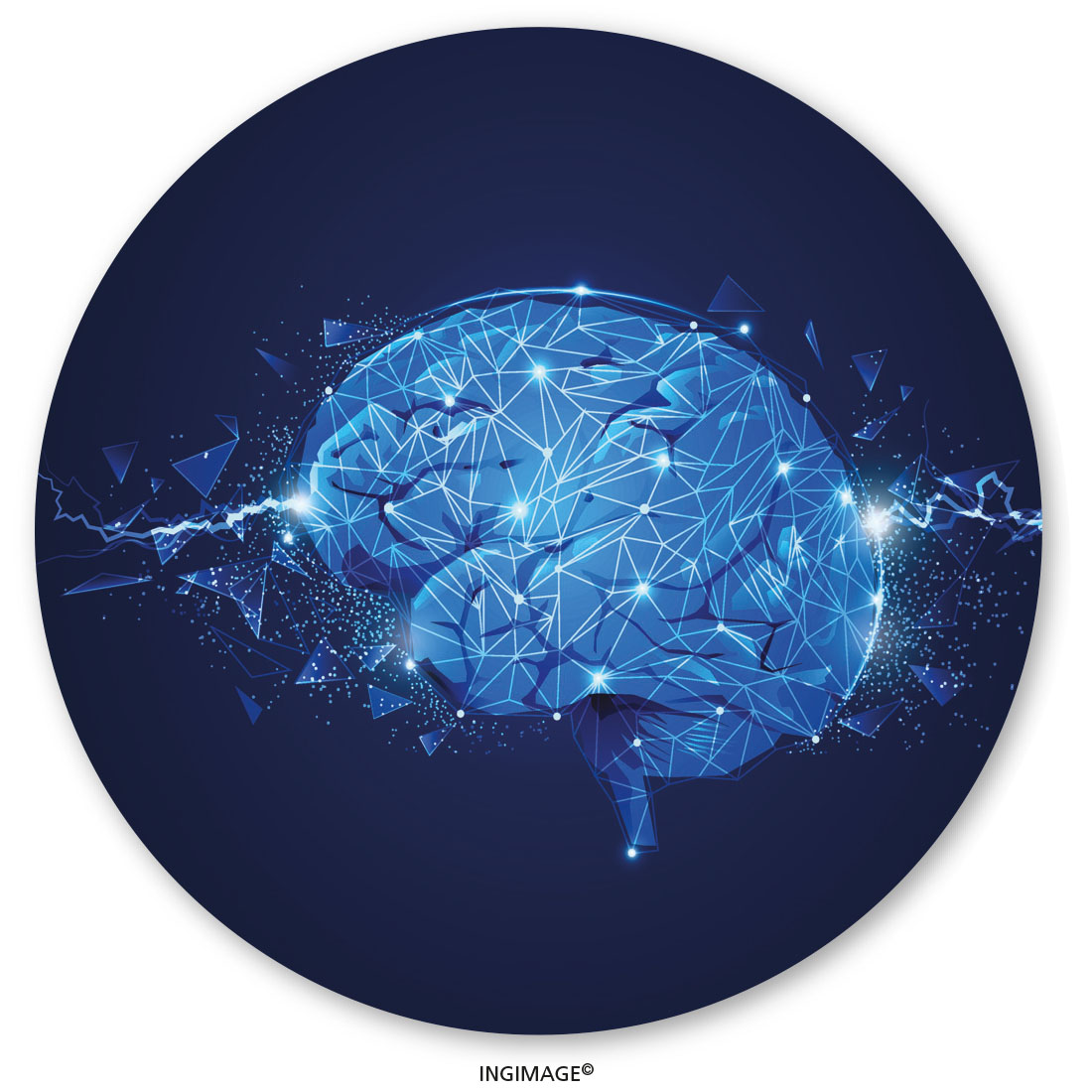MINDSET MANAGEMENT
BRAIN POWER
The capacity to learn and adapt
BY Archana Law

When the 14th Dalai Lama Tenzin Gyatso met leading neuroscientists in Dharamshala, India, in 2004, the topic of discussion was neuroplasticity – i.e. the brain’s capacity to change. This subject would have been unthinkable a decade or two ago due to centuries old dogma that the brain takes its shape for life during our childhood years and doesn’t change its structure thereafter.
But that dogma is wrong!
Since the latter part of the 20th century, discovery upon discovery established that the brain can indeed be rewired. It can repair damaged areas, grow new neurons, and change the circuitry that enables us to remember, feel, suffer, think, imagine and dream.
Equally revolutionary is the discovery of how our thoughts can literally expand or contract different areas of the brain, pour more juice into quiet circuits and damp down activity in buzzing zones.
The brain devotes more energy to functions that we use more frequently and shrinks the space devoted to activities that are rarely performed. As author and motivational speaker Dr. Wayne Dyer observed: “You cannot control what goes on outside. But you can always control what goes on inside.”
Change your thoughts; and change your life.
So what does it mean to change your thoughts? And how can the brain be rewired for positivity and success especially in challenging times such as during the pandemic?
Here’s how you can cultivate a positive mindset, interrupt fear and worry, and ultimately thrive during such times.
OUR RESPONSE The way we respond in times of adversity determines whether we’ll survive or thrive. To survive means to exist and endure; and to thrive means to flourish and prosper.
Nazi concentration camp survivor and father of modern humanist psychology Viktor Frankl wrote in Man’s Search for Meaning: “Everything can be taken from a man but … the last of the human freedoms is to choose one’s attitude in any given set of circumstances, to choose one’s own way… Between stimulus and response there is a space. In that space is our power to choose our response. In our response lies our growth and our freedom.”
MINDSET TOOLKIT Here are some simple best practices to follow when exercising a choice and cultivating a mindset toolkit that will help us thrive.
A positive affirmation is a specific phrase or statement used to challenge negative or unhelpful thoughts. Research shows that affirmations are powerful because through their consistent repetition, they allow us to reframe more positively, reprogramme our mindset with uplifting and empowering thoughts, and squash limiting beliefs.
Try filling in the blanks after saying the following aloud: “I am …!” Hailed as the most powerful words in the world, what you are telling yourself is very powerful. Choose to affirm the positive.
Gratitude is a powerful human emotion that’s strongly and consistently associated with greater happiness. “Writing down three things you’re grateful for every day for 21 days in a row significantly increases your level of optimism for the next six months,” said Harvard researcher and author Shawn Achor, in his TED Talk titled ‘The happy secret to better work.’
Being grateful not only changes neural activity in the brain, it adapts to the new mindset – like a sort of muscle that can be exercised and strengthened.
INFLUENCES In order to control your mindset and thrive, you must drastically reduce negative influences in your environment.
The subconscious mind is constantly absorbing and sifting through messages before bringing them to our conscious awareness – information that it thinks we should focus on.
Negativity from the daily news, toxic people and social media can have a profoundly pessimistic effect on your subconscious mind without you even realising it.
VISUALISING Visualisation is a powerful practice to rewire our neurons to the thoughts and feelings we want.
In 2014, The New York Times analysed how Olympians use vivid imagery as mental training. We have the same ability. Use the power of mental rehearsal to practise how you want your day to look and how you want to behave in certain situations.
And when those moments arise, they will feel easier – because you’ve practised the process.
POSITIVITY Limitations in life aren’t generally due to a lack of intelligence.
Most people are held back in life because they can’t get along with others, attach themselves to a company that is good for their career or focus on one thing long enough to do it well. These aren’t problems with fluid intelligence and problem solving. Breathing, focussing and self-awareness can help us stay strong amid chaos.
We exist in order to become something more than what we are. To do less is to sink into the reactive prison of being a victim of every change in the environment!



